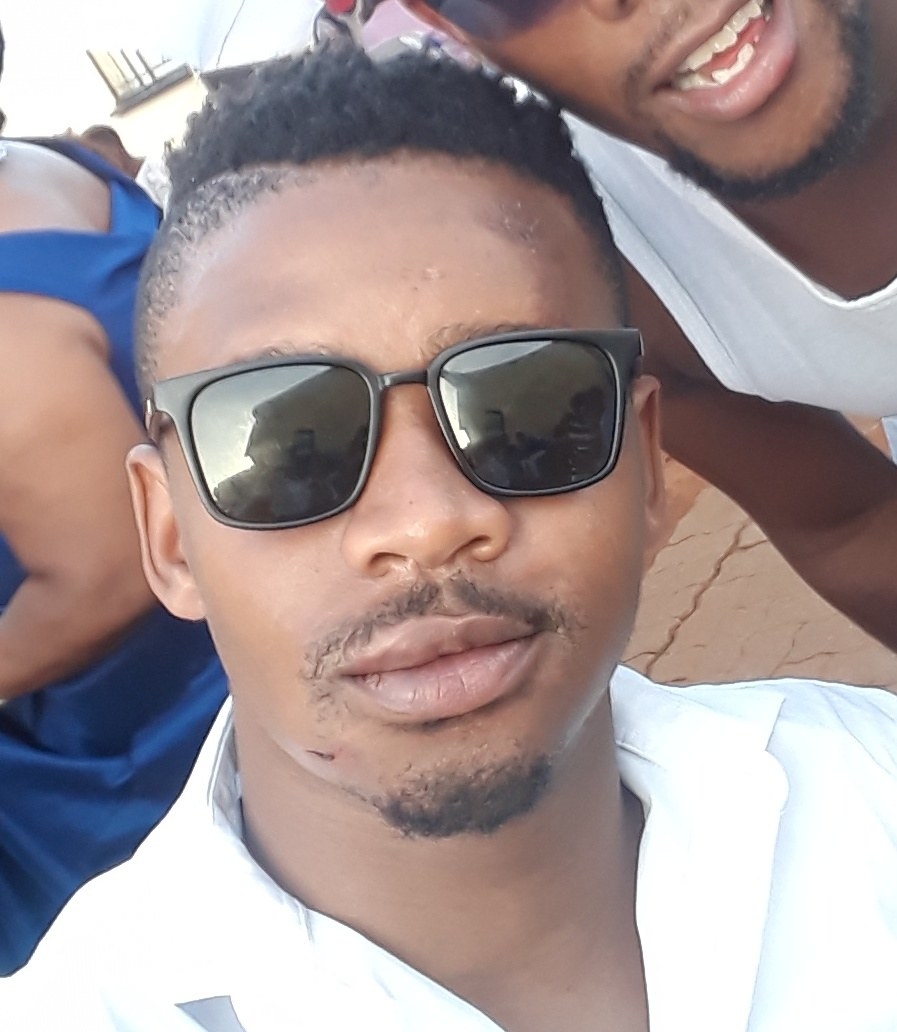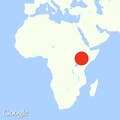NAIROBI — A black South African news broadcaster says he was called a “monkey” and brutally beaten by a group of young white people when he tried to help them out of a car accident — but he hesitated to talk about it on social media after watching how the Jussie Smollett case has played out.
Samora Mangesi, 26, tweeted graphic images of his injury on Wednesday despite those worries, and told BuzzFeed News that he has received a variety of responses ranging from shock and sympathy to chastisement for having tried to help white people as a black man in South Africa.
On Friday night I was the victim of a racially motivated attack. After stopping to check on a group of young white people whose car had overturned, they called my friends & I Monkeys. When we engaged them on why we were being called such, they beat me up until I was unconscious.
Mangesi, who hosts both radio and television shows for the South African Broadcasting Company, told BuzzFeed News by phone from Johannesburg that he had been driving with two of his women friends around 1:30 a.m. on Saturday when they noticed that a car had flipped over onto the side of the road. Although four of the five passengers had made it out of the vehicle, one man was still half-stuck inside of it with his legs dangling out, Mangesi said. They all appeared to be in their early twenties.
“We asked if they were OK, if they needed us to call the cops, or to call a friend,” Mangesi said. “First reaction we got was them saying, ‘Go [away], monkeys,’ in Afrikaans.” He said they also called his friends “black bitches.”
Mangesi was shocked. Though he was under no illusions that racism had been eradicated in South Africa despite it being nearly 25 years since apartheid, he had never been called a monkey or any other racial epithet before.
He said his immediate reaction was to just talk. “We said, ‘But guys, we’re only trying to help you. Why are you calling us monkeys, using derogatory terms?’” Mangesi recalled. “We were telling them how, in 2019, you can’t call people monkeys, especially black people, given this country’s history.”
Because the exchange got heated, Mangesi didn’t notice when someone else, who he now believes was a friend of the people in the car, came up behind him and hit him in the head with an unknown object. It’s the last thing he remembers before he lost consciousness and woke up in a nearby hospital.
“I remember crying my eyes out as I went into the CT scan,” he said. “There was concern that I might have internal bleeding or some form of brain damage.”
He was relieved to find out later that his injuries were surface-level: multiple cuts on his face and inside of his mouth, a giant gash on his forehead, and bruising down the left side of his body. Neither of the two friends who were with him were harmed.
I sustained injuries on my face, cuts inside my mouth and bruising along the left side of my body from when they kicked me on the ground after one of them had hit me on the back of the head. According to EMS I was out for about 5 min and only regained consciousness in the ambi.
As a public figure with more than 14,000 followers on Twitter, Mangesi was initially unsure about whether he should disclose what happened to him on social media, or even to report it to the police.
“I played with the idea of not reporting it, trying to stay away from turning this into a big media thing and becoming a poster child for racism in South Africa,” he said. “Especially after what we’ve seen with Jussie Smollett in America, I didn’t want that attention.”
Mangesi was referring to the Empire actor’s claim that he had been the victim of a hate crime carried out by two men who allegedly yelled racist and anti-gay insults at him, poured a chemical substance on him, and put a rope around his neck one January night in Chicago.
Since then, Chicago police have produced evidence suggesting that Smollett had orchestrated the attack. Last month, Smollett was charged with falsely filing a police report, which expanded to 16 felony counts when a grand jury indicted him on March 9. Smollett has pleaded not guilty to all of the charges.
But Mangesi said he wasn’t trying to imply that people would question the validity of his story. He was worried that, like Smollett, his entire career would be reduced to what happened to him one night.

“I think we all kind of have, especially as media personalities, a way that we want our brand to grow,” he said. “I don’t even want to be famous. I want to be a broadcaster who’s respected and has longevity within the industry. It took a lot from me to speak up about it, to make sure people knew what happened, how it transpired, and the apparent reasons behind it.”
After he shared his story, and the graphic photos of his injuries in a Twitter thread, hundreds of people responded expressing their sympathy. But others questioned why he would offer to help out a group of white people in a country still grappling with lingering racist attitudes.
“I’ve had responses that say, ‘You deserve it. Why were you stopping to help white people anyway?’ which is absolutely disturbing for a country that has been democratic for the past 25 years,” he said.
But his large social media following also meant that his tweet caught the attention of the South African deputy minister of justice, who in a private message, which was viewed by BuzzFeed News, made sure the police were actively pursuing the investigation. While no arrests have been made yet, Mangesi said that an investigator told him on Wednesday that they had identified the people who assaulted him. BuzzFeed News has reached out to the Johannesburg police for more details.
Mangesi said that despite the severity of his attack, he still feels hopeful about race relations in his country.
“It hasn’t changed my outlook, positivity, or optimism, when it comes to my country and its people. I’m still very much hopeful and a person who believes in an integrated South Africa,” he said.
But his hopefulness didn’t stop him from using his platform to shed light on the issue.
“As a public figure in South Africa, as someone who has a platform and a voice, it’s my job to make sure attention is brought to it,” he said. “The next person might not be so lucky as to end up unconscious. They could die.”

